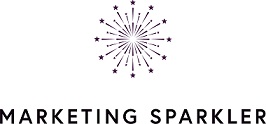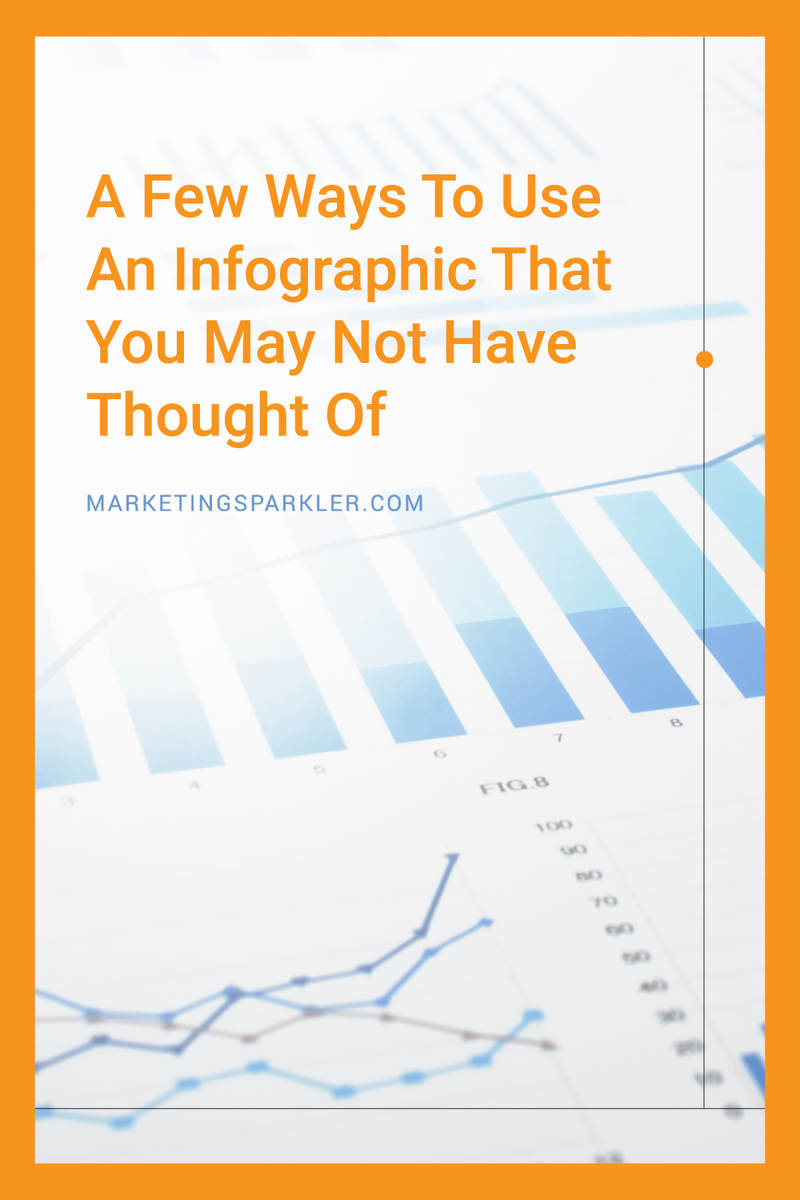We know that infographics are great ways to impart information visually to your audience in chunks that help them retain and understand the information better. But, sometimes it’s easy to forget that there are numerous uses for infographics.
In fact, other than how they’re used now (on social media), infographics have been around a long time (since before 3000 B.C.) in the form of cave drawings, religious texts and more. And they have been used since then in a variety of ways.
A Few Ways To Use An Infographic (That You May Not Have Thought Of)
Here are a few infographic ideas you may not have considered.
1. On Your About Page
It can be challenging to think of what to put on the “about” page. After all, everything is supposed to be about your audience and not you, yet it is also about you.
However, a great way to share the story of you and why you are the right person for them to engage with, hire, or buy from is via an infographic that focuses on the information that your audience wants to know.
Have you considered creating an infographic for your ABOUT page? Click To Tweet2. As a Resume
If you often need to send a resume to people, this is a great and innovative way to create a resume that will stand out from others. This works great for graphic and creative positions, but can also work for number-centric positions. Note: I recommend you have a traditional resume as well, but when you’re trying to make yourself stand out, you gotta get creative! An infographic resume checks that box.
3. As a Recruitment Tool
If you need to bring someone on to your team, why not create an infographic all about the ideal person that you want to recruit. This is a great way to give potential hires as much information as possible without a lot of boring long text. And it shows that you’re forward thinking, which can be a great selling point.
4. Teaching How Something Works
When you need to teach anyone how something works, a great way to do it is with an infographic. It’s perfect for any type of “how to” in any type of industry, from creative to more technical issues. Think of it as an explainergraphic. I think I just made that word up
5. To Compare and Contrast
Sometimes you want people to see the difference between two things. The best way to do that is to create an infographic that compares apples with apples in a logical and convincing order. And the visual references make it easier to see differences.
Sometimes you want people to see the difference between two things. The best way to do that is to create an infographic that compares apples with apples in a logical and convincing order. And the visual references make it easier to see… Click To Tweet6. To Raise Awareness
If you have any type of issue where you have data to back up your claims, you can use an infographic to help raise awareness of the issue. Infographics are easy to read and share, so they can go viral in the right circumstances.
7. As a Lead Magnet
Everyone is always trying to build their email list, and providing an information infographic in exchange for a sign-up is a great idea. This is especially true if your audience is all in the same industry and needs the infographic that you’re offering.
8. To Connect Trends with Your Business
There is always some sort of news or trend that is up front and center in the news. If you can find a way to connect your business to any trends, make an infographic that highlights that fact.
9. As a Print Advertisement
Infographics use a small space to get a lot of information to the audience and will make great print ads – because in print, space is money. Yes, we’re still printing! If you design your infographic correctly, you can give a ton of information easily and quickly about a product or service.
Final Thoughts
Infographics are an important part of your overall content strategy. In particular, if you have a lot of “how to” and data-centric information to share with your audience, you should consider adding infographics as part of your overall content strategy.
Ciao,
Miss Kemya



